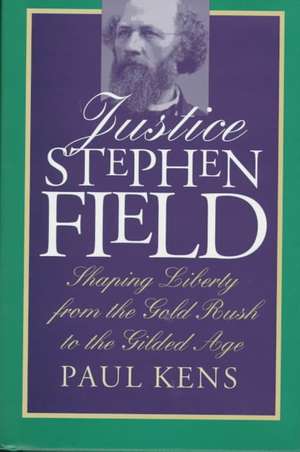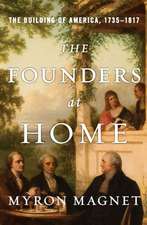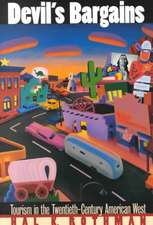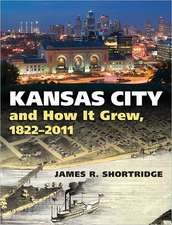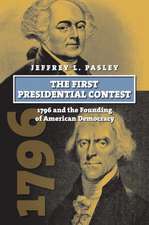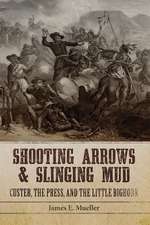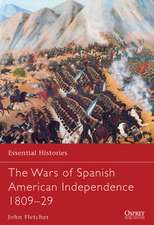Justice Stephen Field
Autor Paul Kensen Limba Engleză Hardback – 31 mar 1997
Preț: 482.37 lei
Nou
Puncte Express: 724
Preț estimativ în valută:
92.30€ • 96.89$ • 76.61£
92.30€ • 96.89$ • 76.61£
Carte tipărită la comandă
Livrare economică 10-24 aprilie
Preluare comenzi: 021 569.72.76
Specificații
ISBN-13: 9780700608171
ISBN-10: 0700608176
Pagini: 384
Dimensiuni: 168 x 241 x 34 mm
Greutate: 0.81 kg
Ediția:New.
Editura: University Press of Kansas
ISBN-10: 0700608176
Pagini: 384
Dimensiuni: 168 x 241 x 34 mm
Greutate: 0.81 kg
Ediția:New.
Editura: University Press of Kansas
Textul de pe ultima copertă
Outspoken and controversial, Stephen Field served on the Supreme Court from his appointment by Lincoln in 1863 through the closing years of the century. No justice had ever served longer on the Court, and few were as determined to use the Court to lead the nation into a new and exciting era. Paul Kens shows how Field ascended to such prominence, what influenced his legal thought and court opinions, and why both are still very relevant today. Gracefully written and filled with sharp insights, Kens' study sheds new light on Field's role in helping the Court define the nature of liberty and determine the extent of constitutional protection of property. By focusing on the political, economic, and social struggles of his time, it explains Field's jurisprudence in terms of conflicting views of liberty and individualism. It firmly establishes Field as a persuasive spokesman for one side of that conflict and as a prototype for the modern activist judge, while providing an important new view of capitalist expansion and social change in Gilded Age America.
